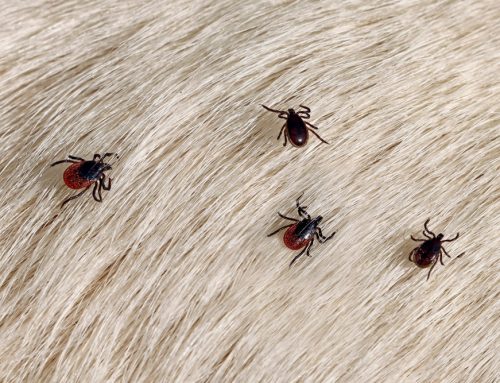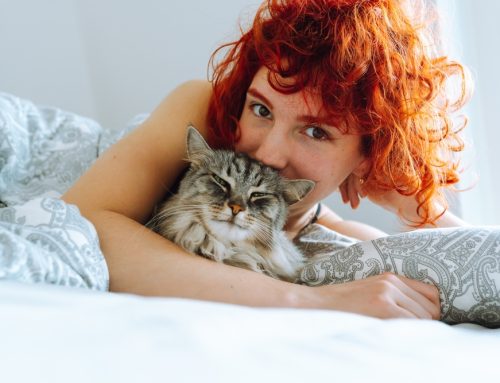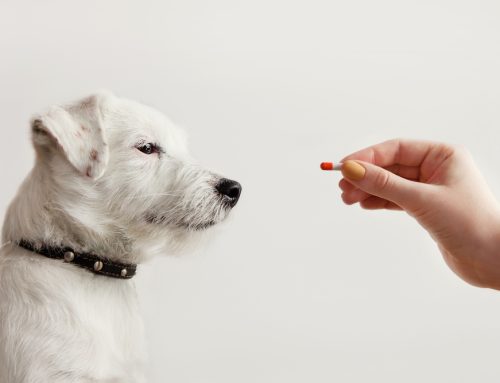Welcome to the world of pet health, where each breed has its own set of strengths and endearing qualities—and challenges. At Best Friends Veterinary Care, we often see pets impacted by breed-specific health conditions. Learn how to help your special breed of pet by understanding and anticipating the specific conditions they may develop with our fun quiz.
Quiz: Match the condition to the breed of pet
Question 1:
This dog breed is known for their endearing flattened face and snuffling and snoring, but often struggles with breathing issues, especially in hot weather.
- Poodle
- Pug
- Beagle
Answer: If you guessed pug, that’s exactly right. Pugs may be adorable with their smushed faces, but their problems can be less than adorable.
Explanation: Pugs are a brachycephalic breed, meaning they have a flattened facial conformation with a shortened nose and airway. They often face brachycephalic obstructive airway syndrome (BOAS) because of their facial conformation, which can make breathing challenging and lead to loud snoring, labored breathing, and heat and exercise intolerance.
Treatment: Weight management, avoiding excessive exertion, and regular vet check-ups are key to minimizing symptoms and allowing for a better quality of life. In severe cases, surgery may be necessary.
Other breeds: As well as pugs, French and English bulldogs, boxers, Boston terriers, and Persian cats are affected by BOAS.
Question #2:
This feline breed is famous because they are hairless. The cats are incredibly affectionate, but often struggle with oily skin and need regular baths to prevent skin issues.
- Sphynx
- Ragdoll
- Norwegian forest cat
Answer: Sphynx, who have no fur, is the answer!
Explanation: Sphynx cats lack a fur coat, which causes their exposed skin to become oily more quickly and means they need special care. They require regular baths to remove the oil and dirt that builds up and to prevent skin issues. Without proper care, they can develop various dermatological problems like acne and infections that can cause a lot of discomfort.
Treatment: Bathe these cats regularly using mild, cat-safe shampoos. Keeping their environment clean and providing soft bedding can also help manage skin conditions. Also, check their ears and nails regularly, as they can accumulate dirt and oil.
Other breeds: While sphynx cats are the most well-known, other hairless cat and dog breeds, such as the Donskoy and Chinese crested dogs, share similar skin care needs.
Question #3
This loyal and intelligent dog breed has lots of energy and needs a job, but often suffers with hip problems.
- Cocker spaniel
- Welsh corgi
- German shepherd
Answer: German shepherds, which are susceptible to hip problems, is the correct answer.
Explanation: German shepherds have a lot of energy and always need a job to keep busy and happy. However, they are prone to hip dysplasia, a genetic condition where the hip joint doesn’t fit properly into the hip socket. This can lead to arthritis, pain, and mobility issues, especially as the dog ages.
Treatment: Managing their weight, providing joint supplements, and encouraging regular exercise can help maintain the German shepherd’s mobility. In severe cases, surgery may be required to correct the joint and improve their quality of life.
Other breeds: Other large breeds, such as Golden retrievers, Labradors, and rottweilers, are also commonly affected by hip dysplasia.
Question #4

This canine breed is known for their luxurious coat, but often battles with allergies.
- Chihuahua
- Golden retriever
- Siberian husky
Answer: If you guessed Golden retriever, you are correct. Their beautiful fur coat can hide various skin issues.
Explanation: Golden retrievers are prone to allergies caused by environmental factors (e.g., dust and pollen), parasites (e.g., fleas and ticks, and food. The allergies can cause severe discomfort from itchy skin, hot spots, and lesions from scratching and can become chronic skin problems if not managed properly.
Treatment: Regular grooming, a special diet developed after trial and error to find the trigger, and parasite prevention are key to managing allergies. In some cases, medications or allergy shots may be necessary to alleviate symptoms and provide relief. If our veterinary team determines that diet is the cause of your pet’s problem, we can pinpoint the culprit and formulate a customized diet. We can also develop an individualized parasite prevention plan.
Other breeds: Other breeds that commonly suffer from allergies include Labrador retrievers, bulldogs, and West Highland white terriers.
Understanding and managing your pet’s breed-specific health conditions can make a significant difference in your pet’s quality of life. Use the information you learned from our quiz to keep your four-legged friend in top shape by tackling their unique health challenges head-on.
If you have any concerns or need personalized advice for your special-breed pet, contact Best Friends Veterinary Care. Our expert team is here to help you with tailored care and comprehensive health management to alleviate your pet’s discomfort. Book an appointment with us, as we’re dedicated to a “deeper kind of care.”








Leave A Comment